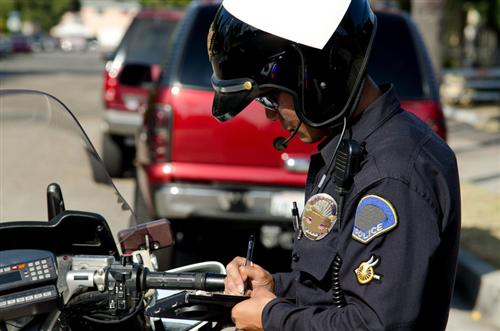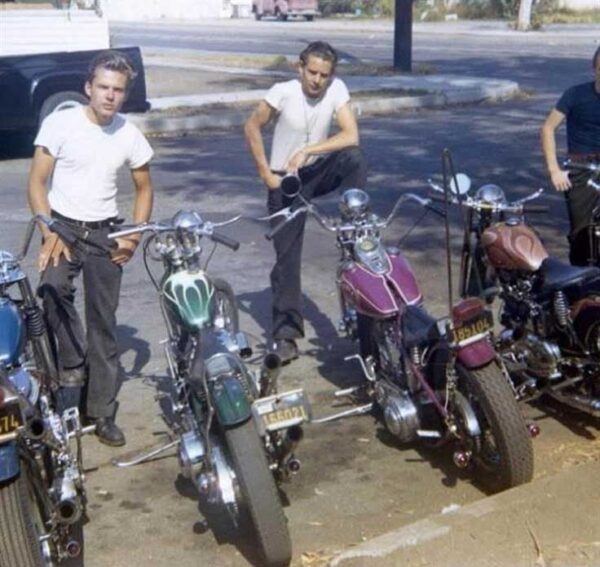BMST BONNEVILLE 2024 REPORT
TO BONNEVILLE AND THE SALT PALETTE This has been a crazy few days. The Bikernet Bonneville team pulled out from the Black hills and sliced across Wyoming in search of Rawlins, Wyoming. Panhead aged 77, Bandit, or me or maybe I carried the next torch at 76 years of age and finally Micah McCloskey came […]
BMST BONNEVILLE 2024 REPORT Read More »


